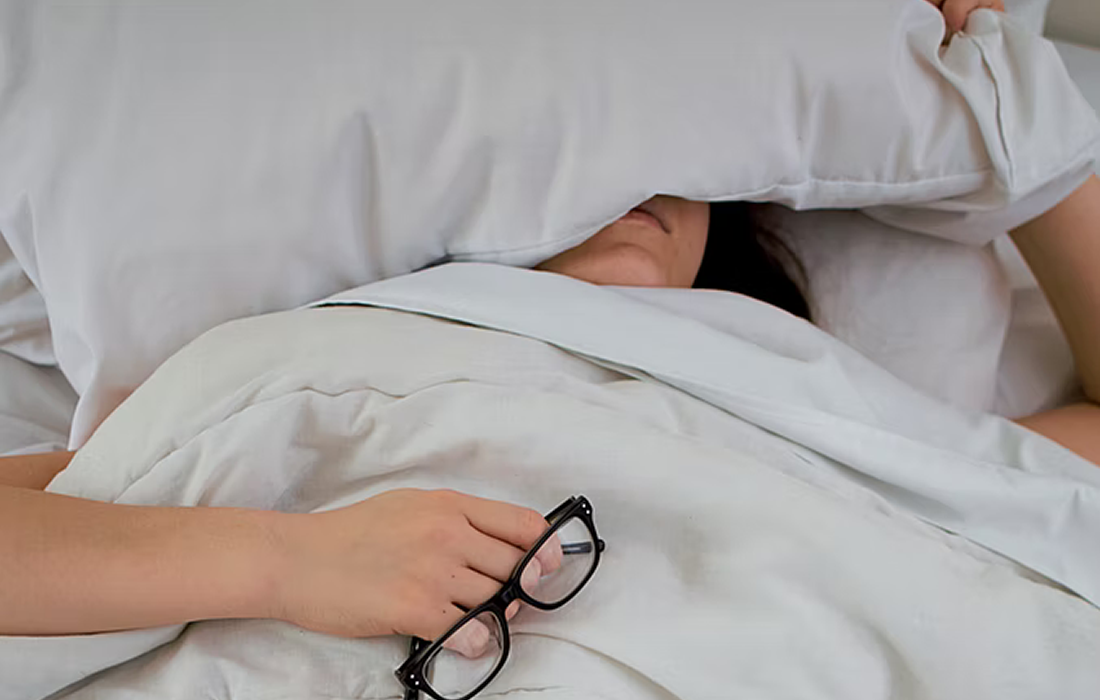Regenerative Medicine News and General Information
New Study Findings: Sleep Apnea Accelerates Aging
Obstructive sleep apnea (OSA) affects more than 22 million people in the United States and is linked to a higher risk of multiple health conditions, including hypertension, heart attacks, stroke and diabetes, which are also among the first causes of death.
Researchers from the University of Missouri School of Medicine have found that untreated OSA can accelerate the aging process and that appropriate treatment can slow or possibly reverse that. The study was recently published in the European Respiratory Journal.
Age acceleration testing involves a blood test that analyzes DNA and uses an algorithm to measure a person’s biological age. The phenomenon of a person’s biological age surpassing their chronological age is called “epigenetic age acceleration,” and is linked to overall mortality and to chronic diseases.
The researchers studied 16 adult nonsmokers who were diagnosed with OSA and compared them to 8 control individuals without the condition to evaluate the impact of OSA on epigenetic age acceleration over 1 year.
After a baseline blood test, the OSA group received continuous positive airway pressure (CPAP) treatment for one year before being tested again. The researchers found that OSA-induced sleep disruptions and lower oxygen levels during sleep can promote faster biological age acceleration compared to control participants.
They also found that those participants who adhered to CPAP showed a deceleration of the epigenetic age, while the age acceleration trends did not change for the control group, which suggest that biological age acceleration can be partially reversed when effective treatment of OSA is implemented.
Rene Cortese, PhD, assistant professor in the Department of Child Health and the Department of Obstetrics, Gynecology and Women’s Health said: “the key to CPAP’s success in slowing age acceleration is strong adherence to using the device for at least four hours per night.”
Source:
University of Missouri-Columbia. (2022, March 9). Sleep apnea accelerates aging, but treatment may reverse it: Researchers found just one year of CPAP treatment slows age acceleration. ScienceDaily. Retrieved March 10, 2022 from:
www.sciencedaily.com/releases/2022/03/220309131834.htm
Image from:
Photo by Isabella and Zsa Fischer on Unsplash

